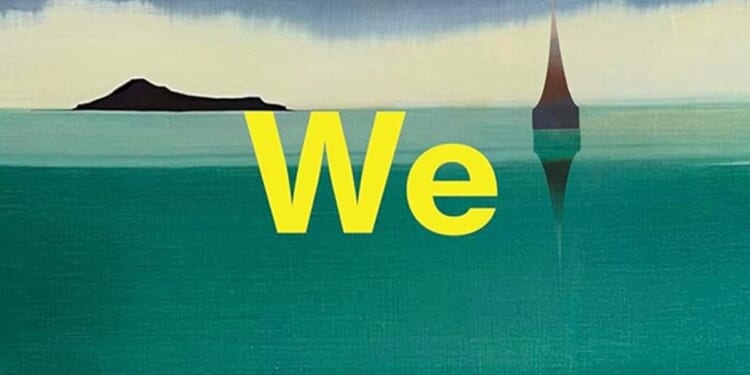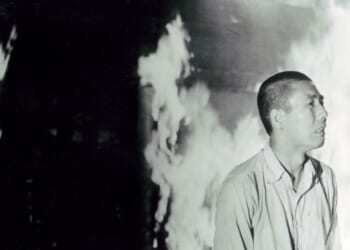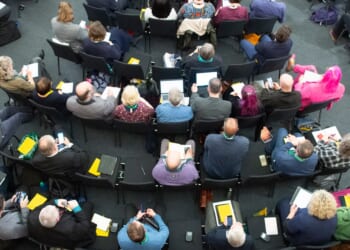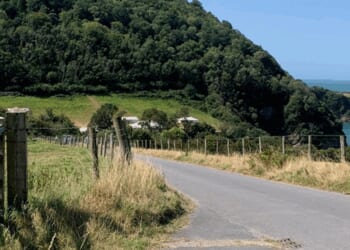THIS novel brings together two worlds, set 100 years apart: 2119, after England has been inundated by a great flood, and our own time. In 2119, some scholars are researching what happened at a famous dinner party in 2014, when a poem was read. There was only one copy of this poem, and the search is on to find it. Although no one knows what the poem actually said, it has had a famous reception history, and has been widely referred to.
The first part of the book, set in 2119, depicts Britain broken up into an archipelago. A nuclear weapon has gone off in the middle of the Atlantic and caused a tsunami. This, combined with the effects of climate change, has meant, for example, that valuable archives about the past have had to be lodged in Snowdonia. Scholars travel by slow boat between there and Oxford, and government generally appears to have broken down.
The sciences dominate intellectual life, and humanities professors struggle to interest their students in the past. Through diaries and notebooks kept at the time, however, the researchers do manage to find out some of what happened on the famous night, although these reflect somewhat different accounts of the event. This part of the novel is the weakest, lacking the kind of emotional force, for example, of Cormac McCarthy’s The Road, which similarly describes a post-apocalyptic world.
McEwan gives us the details of such a world, but not the acute anxiety and fear that one would feel in it. The scholars are still calmly carrying on. But perhaps that was his intention. In the second part of the book, however, McEwan’s strengths come to the fore with straightforward storytelling and some fine phrasing.
This is very much a modern novel, in that everyone seems to commit adultery with everyone else, and there is no great agonising about whether life might have some ultimate meaning. McEwan likes a clever twist at the end of his novels, however, and we have one here that dramatically brings out the main theme of the book, as summarised in the title, What We Can Know. It is also well-put in some words of the biographer Richard Holmes, printed at the beginning: “It asks what we can know and what we can believe, and finally what we can love.”
It is an important and interesting theme that McEwan explores in an arresting and thought-provoking way.
The Rt Revd Lord Harries of Pentregarth is a former Bishop of Oxford. He is the author of Haunted by Christ: Modern writers and the struggle for faith (SPCK, 2018).
What We Can Know
Ian McEwan
Jonathan Cape £22
(978-1-78733-573-8)
Church Times Bookshop £19.80

















